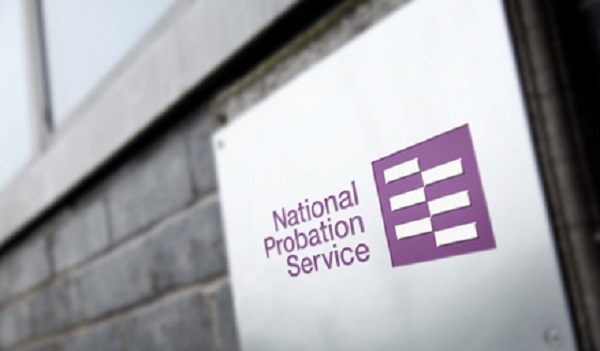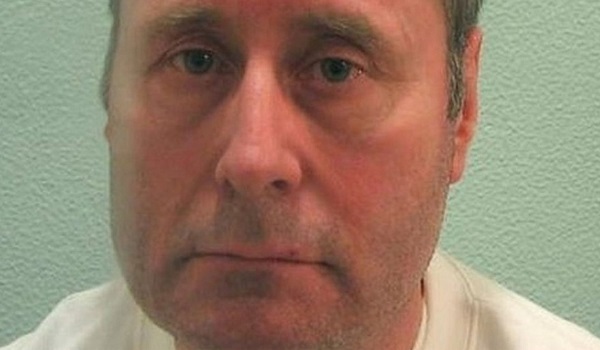More victims able to challenge ‘unduly lenient’ prison sentences
Criminals convicted of stalking, harassment, child sexual abuse and other sex offences could see their sentences increased if victims or the public think their punishment is too lenient.
Under plans confirmed by ministers this week, the Unduly Lenient Sentence (ULS) scheme will be extended to 14 new offences – giving victims the power to question the sentences of a wider range of crimes.
The scheme gives anyone the right to ask the Attorney General to consider referring a sentence to the Court of Appeal for reconsideration – where it could then be potentially increased if deemed unduly lenient. In July, such an intervention increased the prison sentence of a mother who allowed her partner to rape her daughter from three to five years.
Crimes such as murder, robbery and a range of terror offences are already covered, however, the Government has pledged to extend the scheme to further protect the public and make sure victims see justice done.
This will bring offences such as controlling and coercive behaviour within its scope, as well as further child sexual abuse offences, including those involving the taking, distributing and publishing of indecent images of children and abusing a position of trust with a child.
Secretary of State for Justice Robert Buckland said the Government is determined that “those found guilty of heinous crimes such as child sex offences receive the sentences their actions warrant”.
He added: “Sentences are decided by our independent judiciary based on the facts before them, but it is absolutely right that victims have a voice in the system when punishments don’t appear to fit the crime.
“We are sending a clear message that this government will use every tool at its disposal to make sure justice is done and the public is kept safe.”
While in the majority of cases sentences are deemed appropriate, since its introduction 30 years ago the ULS has helped hundreds of victims and their families – with 99 criminals seeing their sentences increased following review by the courts in 2018 alone.
The announcement delivers on a key commitment in the cross-government Victims’ Strategy published last year. It comes as an urgent review, ordered by the Prime Minister, is ongoing to ensure violent and sexual offenders serve sentences that truly reflect the severity of their crimes.
The Association of Police and Crime Commissioners’ victims leads, Julia Mulligan and Sophie Linden, said the changes will give victims of crime a “stronger voice”.
Ms Mulligan, North Yorkshire’s police, fire and crime commissioner, said she was pleased the Government recognises that victims of these crimes need the right to appeal over-lenient sentences.
“I am particularly concerned about stalking, harassment and coercive control cases – I have met too many victims who feel the impact of such crimes has not been understood, nor have they had justice,” she added.
“We know these crimes can and do lead to murder, indeed, research from the University of Gloucestershire has shown that stalking is involved in the vast majority of homicides.
“It is time that the system better recognised the seriousness of all the crimes added to the list and I would hope that this will also help encourage criminal justice agencies to prosecute and sentence more appropriately in the future, reducing the need for appeals.”
Ms Linden, London’s Deputy Mayor for Policing and Crime, said: “These welcome changes will give victims of crime a stronger voice and potentially improve their experience of the criminal justice system.
“Allowing victims of stalking, harassment, coercive control and child sexual abuse the right to appeal more appropriately reflects the seriousness of these types of offences and the harm and trauma caused to victims.”
The 14 new offences to come under the umbrella of the ULS are:
• Abuse of position of trust: sexual activity with a child (s.16, Sexual Offences Act 2003);
• Abuse of position of trust: causing or inciting a child to engage in sexual activity (s.17, Sexual Offences Act 2003);
• Abuse of position of trust: sexual activity in the presence of a child (s.18, Sexual Offences Act 2003);
• Abuse of position of trust: causing a child to watch a sexual act (s.19, Sexual Offences Act 2003);
• Inciting a child family member to engage in sexual activity (s.26, Sexual Offences Act 2003);
• Sexual activity with a person with a mental disorder impeding choice (s.30, Sexual Offences Act 2003);
• Causing or inciting a person, with a mental disorder impeding choice, to engage in sexual activity (s.31, Sexual Offences Act 2003);
• Engaging in sexual activity in the presence of a person with a mental disorder impeding choice (s.32, Sexual Offences Act 2003);
• Causing a person, with a mental disorder impeding choice, to watch a sexual act (s.33, Sexual Offences Act 2003);
• Possession of indecent photograph of a child (Criminal Justice Act 1988, s.160);
• Taking, possessing, distributing, publishing Indecent Photographs of Children (s.1 Protection of Children Act 1978);
• Harassment: putting people in fear of violence (s.4, Protection from Harassment Act 1997);
• Stalking involving fear of violence or serious alarm or distress (Protection from Harassment Act 1997, s.4A, Protection from Harassment Act 1997); and
• Controlling or Coercive Behaviour in an Intimate or Family Relationship (s.76, Serious Crime Act 201).







